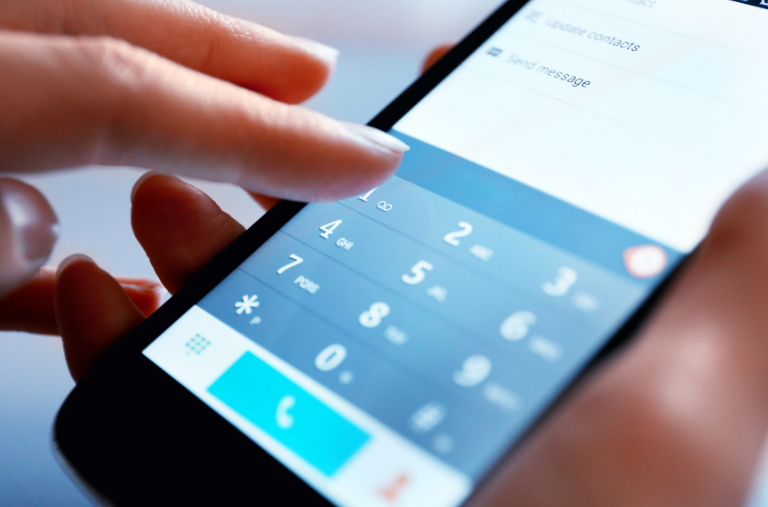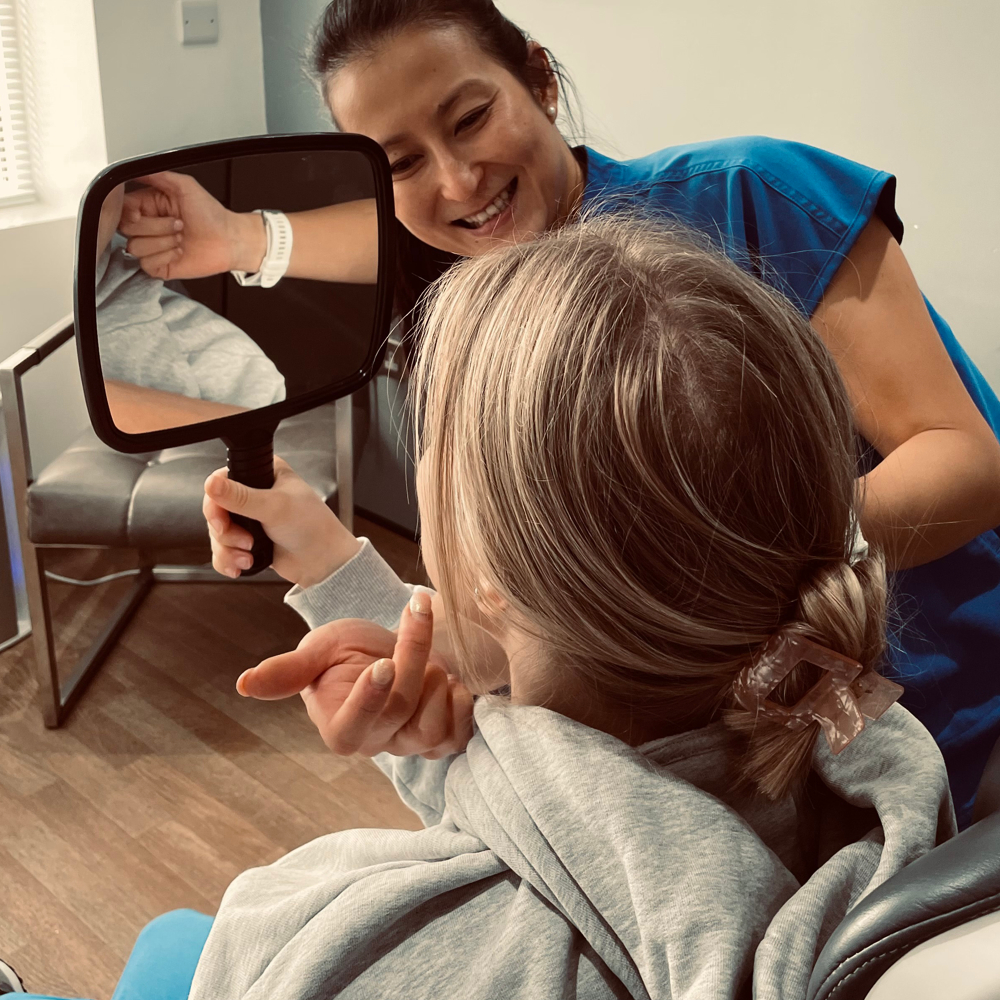Love
Emergency Care
Private Emergency Dentist Appointments Are Available For Existing and New Patients.

Love
Emergency Care
Private Emergency Dentist Appointments Are Available For Existing and New Patients.

A dental emergency is when you are experiencing one of the following, and require urgent dental care:


We strive to be able to offer appointments on the same day, if we can’t it will usually be available within 24-48 hours during our normal opening times, Monday to Friday. You can contact the practice via telephone or email to speak with a member of our team and arrange a suitable appointment. We will always try our very best to see anyone suffering with a dental emergency as soon as we can.
Outside of our normal opening times, we have an emergency team that can help triage you to the best care.
Existing And New Patient Emergency Appointments are available. It is usually a 60-minute appointment, costing £99 (payable on booking). The dentist will use this time to diagnose and find a solution to help with the problem. Treatment carried out on the day may incur further costs, which will be discussed beforehand at the appointment if necessary. A treatment plan is usually discussed for any long-term treatment required.
Existing Patients who are part of our practice plan will receive free emergency care. A treatment plan is then discussed for a more permanent solution, including a 20% discount.
We offer a wide range of emergency dental services, including but not limited to:
Ultimately, if you’re experiencing pain or are worried about your dental health, get in touch and we can help to relieve your symptoms as well as find a long-term solution to your problem.

Upon arrival, you’ll be greeted by our reception staff who will help you check-in. You may need to fill out some paperwork if it’s your first visit or update existing records. We aim to streamline this process to minimise your waiting time, especially when you are in discomfort.
The dentist will first assess your situation. This might involve asking you about your pain, any incidents leading to the current situation, and your medical history. They might also take preliminary X-rays to help diagnose the issue accurately.
The dentist will review your X-rays and perform a detailed examination of the affected area. They will ask about your symptoms and any factors that may have contributed to your current condition.
The primary focus will be to relieve any severe pain or discomfort you are experiencing. This may involve administering local anaesthesia or prescribing pain relief medication.
Based on the diagnosis, the dentist will perform the necessary emergency dental treatments. This could be anything from a temporary filling, re-cementing a crown, or in some cases, an emergency extraction. The goal is to stabilise your condition and alleviate acute symptoms.
After addressing the immediate issue, the dentist will discuss their findings with you and suggest a plan for any further treatment required. This may include scheduling follow-up appointments for definitive treatment or additional procedures to prevent the problem from recurring.

While not all dental emergencies can be avoided, there are several steps you can take to minimise the risk and maintain optimal dental health:
1. Regular Dental Check-Ups
Visit your dentist regularly for routine check-ups and hygiene appointments. These visits help catch potential issues early, preventing them from escalating into emergencies.
2. Proper Oral Hygiene
Maintain good oral hygiene by brushing twice a day, flossing daily, and using mouthwash. This reduces the risk of infections and dental decay that can lead to emergencies.
3. Use Protective Gear
Wear a mouthguard during sports or recreational activities to protect your teeth from injury. If you grind your teeth at night, consider a night guard to prevent tooth damage.
4. Learn What to do in an Emergency
Know the basics of handling dental emergencies, such as what to do if a tooth is knocked out or if you experience a sudden severe toothache. Taking action quickly can sometimes save a tooth or prevent further complications.


Love yourself first and everything else falls into place
Popular Treatments
We endeavour to see emergencies within 24 hours, and strive to offer same day appointments - call our team for more information: